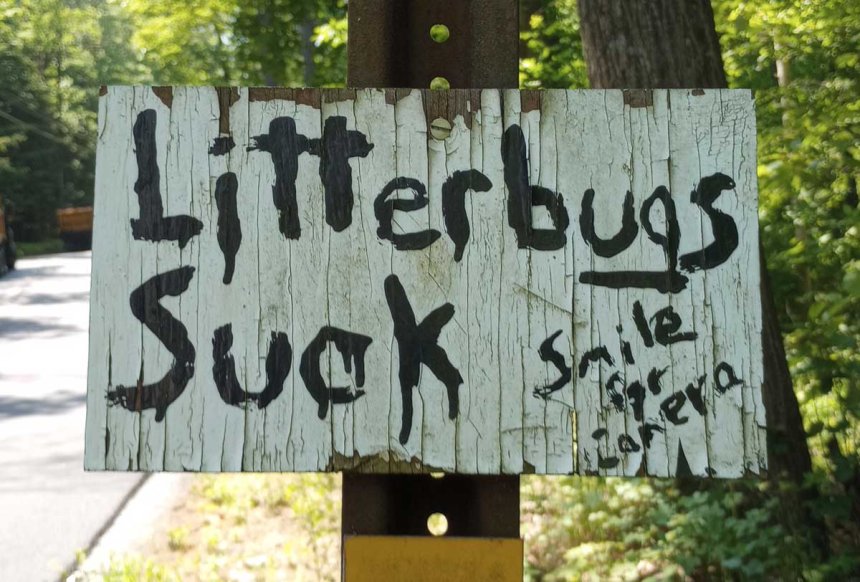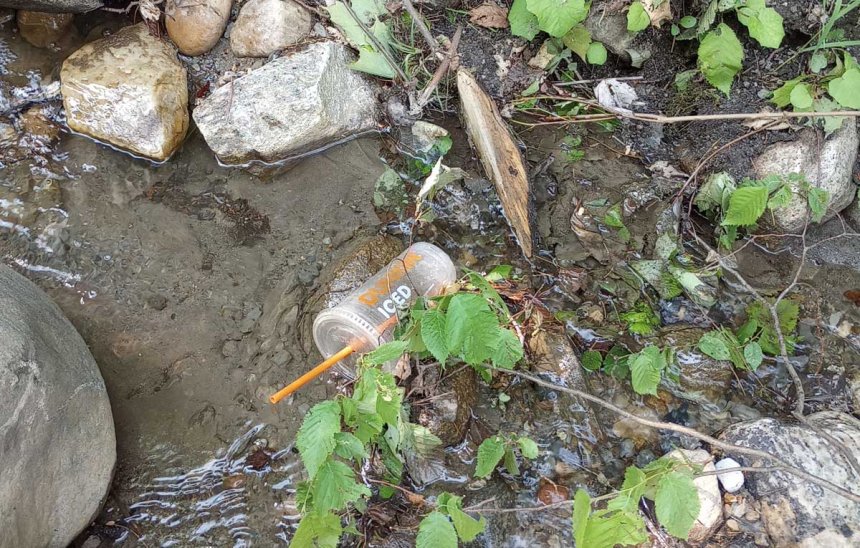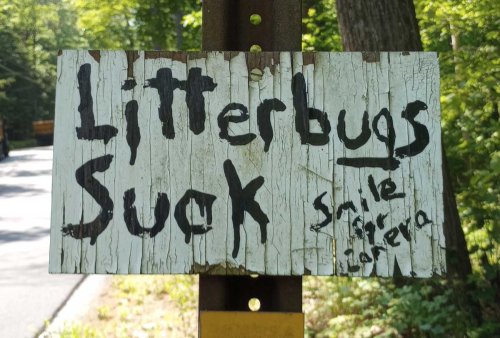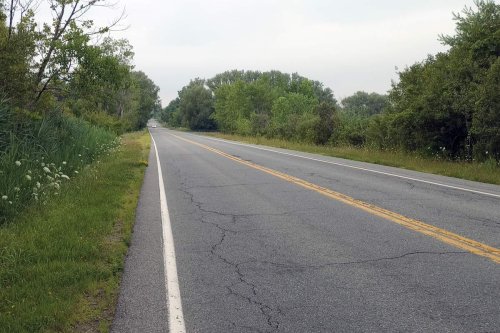Creating an Effective Adopt-a-Highway Program in Your Town
An Adopt-a-Highway program brings your community together, saves time and money, and leaves your town looking better. With a little coordination and communication from the highway department, it can become one of your town’s most successful, and appreciated, public engagement efforts.

An Easy Win for Cleaner Roads and Community Pride
An Adopt-a-Highway program can be one of the simplest and most visible ways for your town to build community involvement, reduce roadside litter, and stretch your highway department’s limited resources. By inviting civic groups, businesses, schools, or even families to “adopt” a stretch of road, municipalities tap into a volunteer spirit that benefits everyone.
Here’s how to create a program that actually works and lasts.
Why Adopt-a-Highway Works
Cost-Effective Litter Control:
Trash cleanup takes time, equipment, and manpower. Volunteers help relieve the burden by tackling litter on a recurring basis, freeing your crews for more technical work.
Community Ownership:
People take better care of things they feel connected to. When residents clean up a roadside, they’re more likely to report dumping or advocate for enforcement in the future.
Public Relations Win:
It's a visual, positive initiative. A small roadside sign that credits the sponsoring group is great exposure and builds goodwill for both the organization and the town.
Environmental Impact:
Reducing litter improves water quality (especially near storm drains), protects wildlife, and discourages future dumping.
The Highway Department’s Role
An adopt-a-highway program is only as effective as its administration. Here’s what your department should manage:
Program Coordination:
Assign a staff member or seasonal intern to oversee the program. Their responsibilities should include scheduling cleanups, coordinating supplies, tracking participation, and ensuring safety compliance.
Site Selection:
Not every road is appropriate for adoption. Avoid high-speed, narrow, or high-traffic corridors where safety would be a concern. Instead, target collector roads, scenic routes, or entrances to town.
Permits and Agreements:
Create a simple agreement outlining the adopter's responsibilities (usually 2-4 cleanups per year), safety requirements, and the town’s role. Keep it simple but clear.
Signage:
Provide a small roadside sign for each adopted segment. This is the reward for the volunteer effort - and often the incentive.
Training & Oversight:
Before any cleanup, brief the group leader on what to do if they find needles, dead animals, or anything unsafe. Review safety procedures, such as wearing vests and staying off the travel lanes.

What to Provide to Adopters
Here’s a basic package your department should offer to each participating group:
-
Safety vests
-
Trash bags (preferably in bright colors)
-
Litter grabbers (optional, but appreciated)
-
Basic safety training materials
-
Scheduled pickup of filled trash bags
-
Recognition signage at the site
-
Certificate of Appreciation or public acknowledgment (great for schools and youth groups)
Bonus Tips for Long-Term Success
-
Keep it flexible: Offer seasonal adoption or short-term event-based cleanups for groups who can’t commit long-term.
-
Promote it regularly: Use social media, town newsletters, and your municipal website to highlight active groups and recruit new ones.
-
Follow up: If a group hasn’t cleaned in a while, check in. Life gets busy, it might just take a reminder.
An Adopt-a-Highway program brings your community together, saves time and money, and leaves your town looking better. With a little coordination and communication from the highway department, it can become one of your town’s most successful, and appreciated, public engagement efforts.
👉 Thinking about getting your program off the ground? Download our sample Adopt-a-Highway Agreement and Safety Briefing Sheet at MunicipalMatters.org/resources.

















